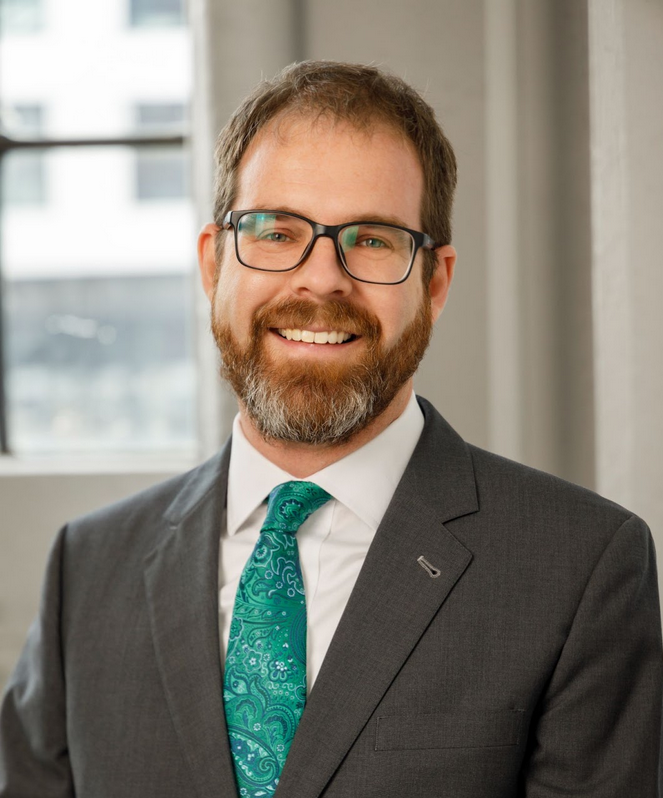This is part of The Humanist’s recurring series highlighting openly nonreligious elected officials across the nation. Because of the work of the Center for Freethought Equality, the political and advocacy arm of the American Humanist Association, there are over 130 elected officials at the local, state, and federal level who publicly identify with the atheist and humanist community serving in 35 states across the country. Join the Center for Freethought Equality to help politically empower the atheist and humanist community—membership is FREE!
The Center for Freethought Equality’s advances have been groundbreaking. Prior to the 2016 election, there were only five state legislators and no members of Congress who publicly identified with our community; because of its efforts, today we have seventy-seven state legislators and three members of Congress – Yassamin Ansari (AZ-3), Jared Huffman (CA-2), and Emily Randall (WA-6) – who publicly identify with our community. It is critical that our community connect and engage with the elected officials who represent our community and our values—you can see a list of these elected officials here.
Wisconsin State Representative Ryan Clancy
Representing Milwaukee, Wisconsin in District 19
“...My identity as a secular humanist is generally accepted as an asset, leading to more conversations about the impact of policy on our community rather than abstract notions of faith.”
Ryan Clancy serves on the Wisconsin State Assembly. His commitment to activism began early in his life; in high school, he gained recognition as "Young Civil Libertarian of the Year" for organizing a peer-published student newspaper, successfully challenging his school’s administration with support from the ACLU. He also served as a Peace Corps volunteer in the Philippines and has engaged in significant protest actions for decades, including traveling to Iraq in 2003 to oppose the impending U.S. invasion. He later participated in protests against the Dakota Access Pipeline, advocated for immigrant rights, and was active in Black Lives Matter demonstrations. He is a member of the Democratic Socialists of America (DSA) and is a co-founder of the Wisconsin Legislative Socialist Caucus.
His formal political career began in 2020 with his election to the Milwaukee County Board of Supervisors, notably becoming the first openly affiliated Democratic Socialist on the board since 1956. In this role, Clancy quickly became a proponent of progressive legislation and advocacy, authoring initiatives like paid parental leave and championing the "Right to Counsel" for residents facing eviction. In January 2023, he began his service in the Wisconsin State Assembly, representing the 19th Assembly District. There, he continues to focus on progressive policies, leveraging his positions on committees such as Audit, Corrections, Government Accountability and Oversight, and Housing and Real Estate to advance his advocacy for social and economic justice. He was re-elected to his Assembly seat in November 2024. Clancy is a secular humanist and an atheist.
What motivated you to run for office?
Before I ran for office, I was an activist and organizer as well as a high-school English teacher in Milwaukee Public Schools. In my last year of teaching, I had 44 students in a single class. I was, I thought, a fairly good teacher to 25 students at a time, but the defunding of public education made giving every student and their needs enough attention nearly impossible. And so when I was asked to run for office, although I had never envisioned myself as an elected official, I thought about how I could bring more resources into public areas like schools, and how I could use my organizing skills to that role, and jumped in.
What are your policy priorities and how does your nonreligious worldview impact your policy platform?
As both a secular humanist and a socialist, I rely on data - both academic and personal - to guide my legislation and votes. This is unfortunately in stark contrast to many legislators who refuse to listen to the needs of their communities or to consider the impacts of their actions on them, instead deferring to religious texts.
Why was it important for you to be open about your nonreligious identity?
It’s vital that my constituents - religious, agnostic or atheist - know that I’ll advocate for them regardless of their belief system. I don’t want any question of where my loyalty lies, or any suggestion that I’d privilege one stakeholder or group over another based on their religious identity. I believe in the capacity of all people to do good and to help each other, and being open about my nonreligious identity reinforces that.
How did voters respond (if at all) to your openness about your nonreligious identity?
My constituents largely respect it. I have close ties with both religious and nonreligious communities and organizations across the state, and my identity as a secular humanist is generally accepted as an asset, leading to more conversations about the impact of policy on our community rather than abstract notions of faith.
Use this link to learn more about Representative Ryan Clancy’s work in the Wisconsin legislature.




